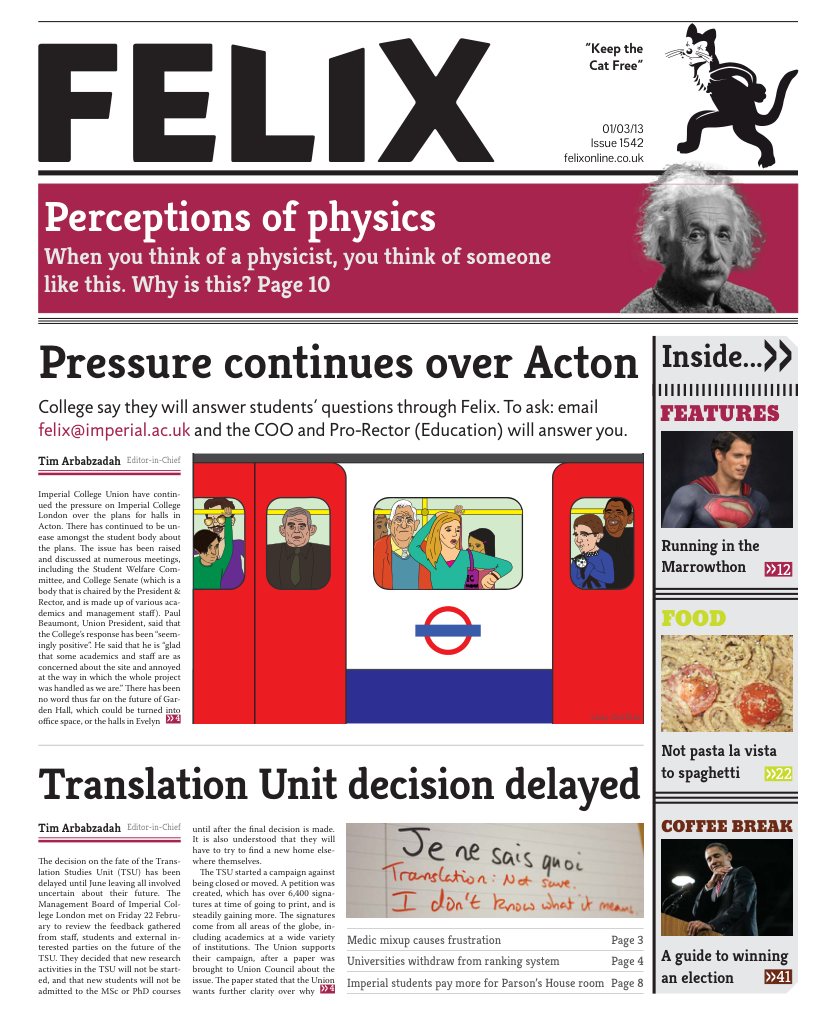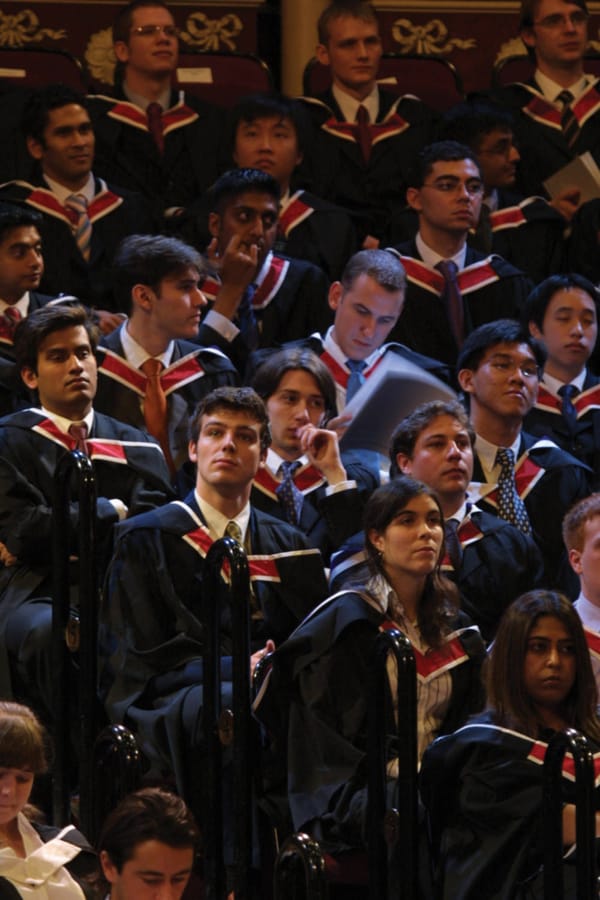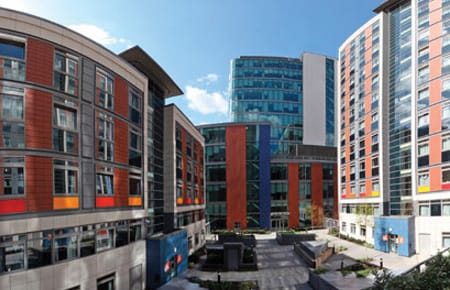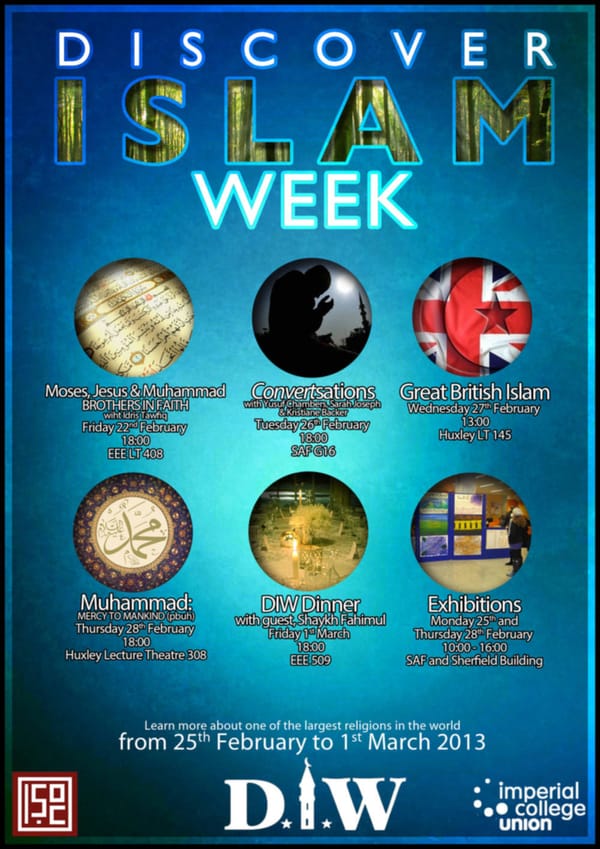The marrowthon
Hewa Khalilifar dresses up as a superhero, and so should you...
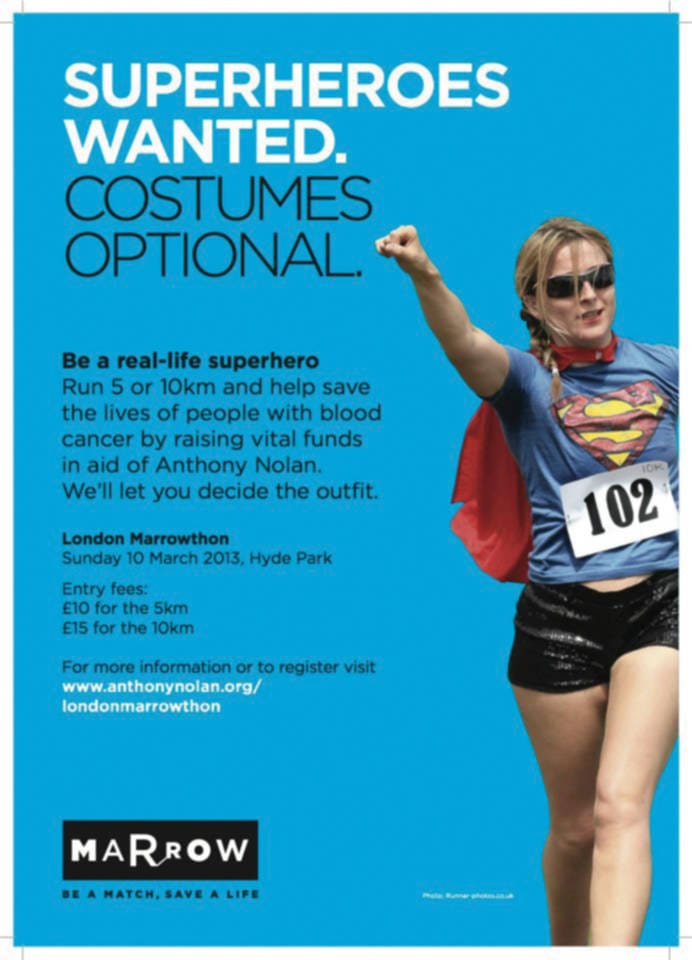
You may have seen the IC Marrow team at Freshers’ Week sporting the characteristic black t-shirt with bold white print. This resonates with the design scheme of Anthony Nolan, a national blood cancer charity, which surprisingly few people seem to have heard of. A big part of Marrow, a society that exists in 40 universities including Imperial, is to raise awareness regarding the work that Anthony Nolan does to match stem cell or bone marrow donors to blood cancer patients. The ultimate aim of Marrow Societies is to raise funds to support the work of Anthony Nolan, and to encourage people to sign up to be on the donor register.
There are many things in life that we take for granted or are ignorant of if they do not address our contemporary personal needs. If I were diagnosed with cancer and needed a life-saving transplant I would expect the infrastructure that could find my potential match to be in place and effective. And yet as my current healthy, non-cancerous self, I had zero knowledge about the origins of the donor register or the organisation responsible for managing and expanding the register until about a year ago…
The concept of a register was borne in the early 1970s by a woman called Shirley Nolan who was desperate to find a bone marrow donor for her young son, Anthony. Anthony was born with Wiscott Aldrich syndrome, a rare condition that left his life dependent on a bone marrow transplant. At the time, matches were made mainly through relatives as it was only in 1973 that unrelated donors began to be used. However, there was no system in place to locate a donor to match the patient at hand. Anthony’s mother campaigned for the creation of a bone marrow register to do just this; although it was set up in 1974, she lost her eight year old son for lack of a match in 1979. The connectedness inherent in transplant procedures today is the legacy of a young child and his visionary, loving mother. Nine years later a team of students formed the first-ever Marrow Society in the University of Nottingham in response to the loss of a friend to leukaemia.
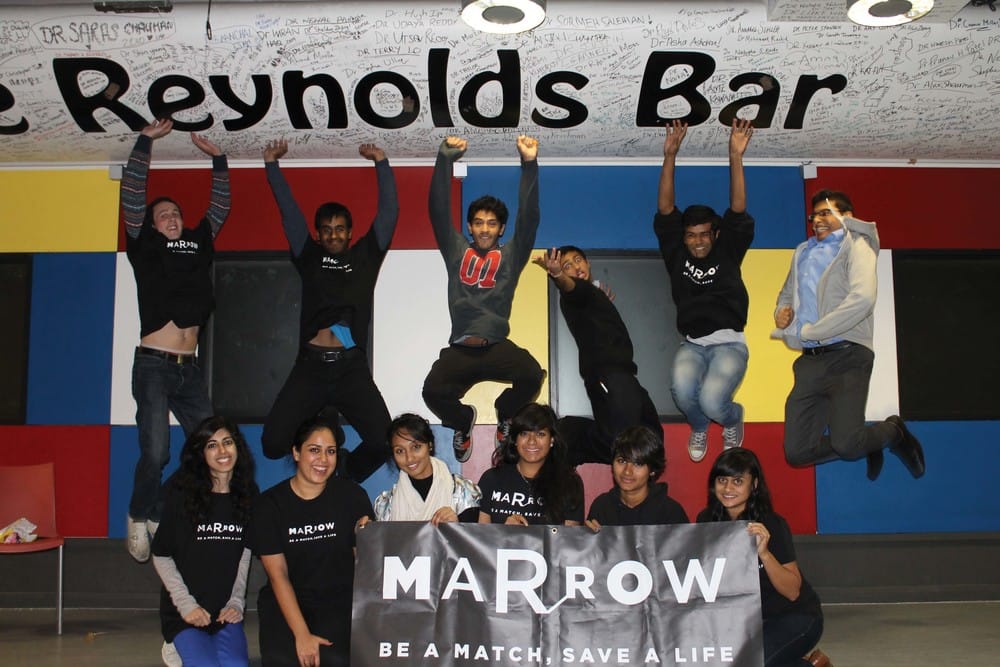
Cancer is a personal subject. Cancer evokes different thoughts and associations in different people, and so I’m banking on you readers to forgive me for inevitably sharing my own take and experiences with the subject. I was introduced to Anthony Nolan through a scheme of theirs entitled ‘Register and Be a Lifesaver’, or R&Be, for which I attended a training day at the charity headquarters. The scheme was instigated by Adrian Sudbury, a young journalist whose life had been transformed following a leukaemia diagnosis. Throughout the course of his illness he relayed the details of his battles with cancer in an excruciatingly honest way on an online blog, ‘Baldy’s Blog’, which accumulated thousands of readers all over the world. At the training we were shown a clip of Adrian which followed the deterioration of his health over time. We learned how he had loved to play football, how he had dreamed of becoming a big-time journalist, and how his life as he had known it had stopped after he had checked himself into hospital upon feeling incredibly tired one day whilst washing the dishes. Had you been there, you would have noticed the pace of the background music slowing down and the frames losing colour and movement in a build-up to what you are primed to know is a tragic ending. At that point I remember looking over to the speaker who, moments later, exposed himself as Adrian’s father. There was a mutual respect in the room, a room which seemed to purge this man of his deep sorrow and regret for the time he was up there speaking about his footballer-journalist-cancerous son. He was doing everything in his power to educate people about blood cancers and what they could do to help on behalf of his deceased son who had made promotion of public education, particularly teenagers, his dying mission.
Humbling experiences lead us to reflect upon the value and significance of our own philosophies of life and our actions; of our littleness in the grand scheme of life; and of our vulnerability to unpredictable external forces. This causes us to better appreciate any opportunities we do have to control and impact not only our own lives but those around us in need of extra support.
If I haven’t appealed to your sense of altruism by now I can only suggest you get out of the lab more often – oh, the joys of drawing on Imperial stereotypes! To the rest of you I propose the London marrowthon, a 5 or 10km run – or walk, or waddle, or limped voyage (apply as appropriate) – around Hyde Park. The theme is superheroes but for those of us who cannot bring ourselves to presume the identity of a fictional character, normal sports attire will suffice. There is a choice of route, the shorter of which, sitting here grease-stained from my Roast Chicken Walkers, I feel truly thankful for. To the pragmatics, a former participant commented, “If, like me, your outdoor running takes a slight dip over the winter, and you’re just starting to pick it up again, this is well worth adding to your calendar”. And for the competitors, the fastest times and best dressed will receive prizes. Last year these were laptops and iPods! For those who just want hard evidence to rub in the face of the haters who doubted that they could run a marathon, everyone receives a goody bag and medal. And lastly, for those self-conscious of looking like a one-legged duck or other form of non-human in the process of endurance sport, there are opportunities to marshall for a couple of hours.
The Marrow maxim is, ‘as long as blood cancer is still around, we have to make people aware that they can cure it’. For every one person Anthony Nolan can provide a donor for, there is one person who misses out on a second chance at life. Together we can change these odds. We can leave our footprint on cancer survival.

